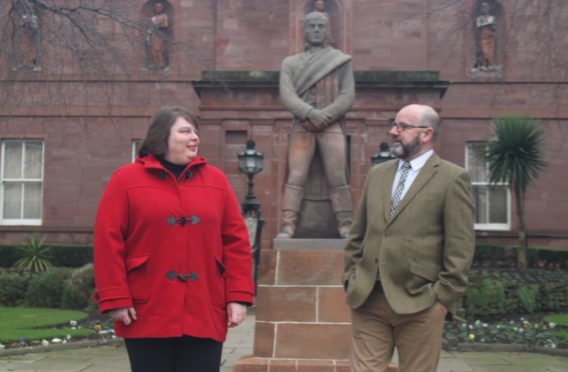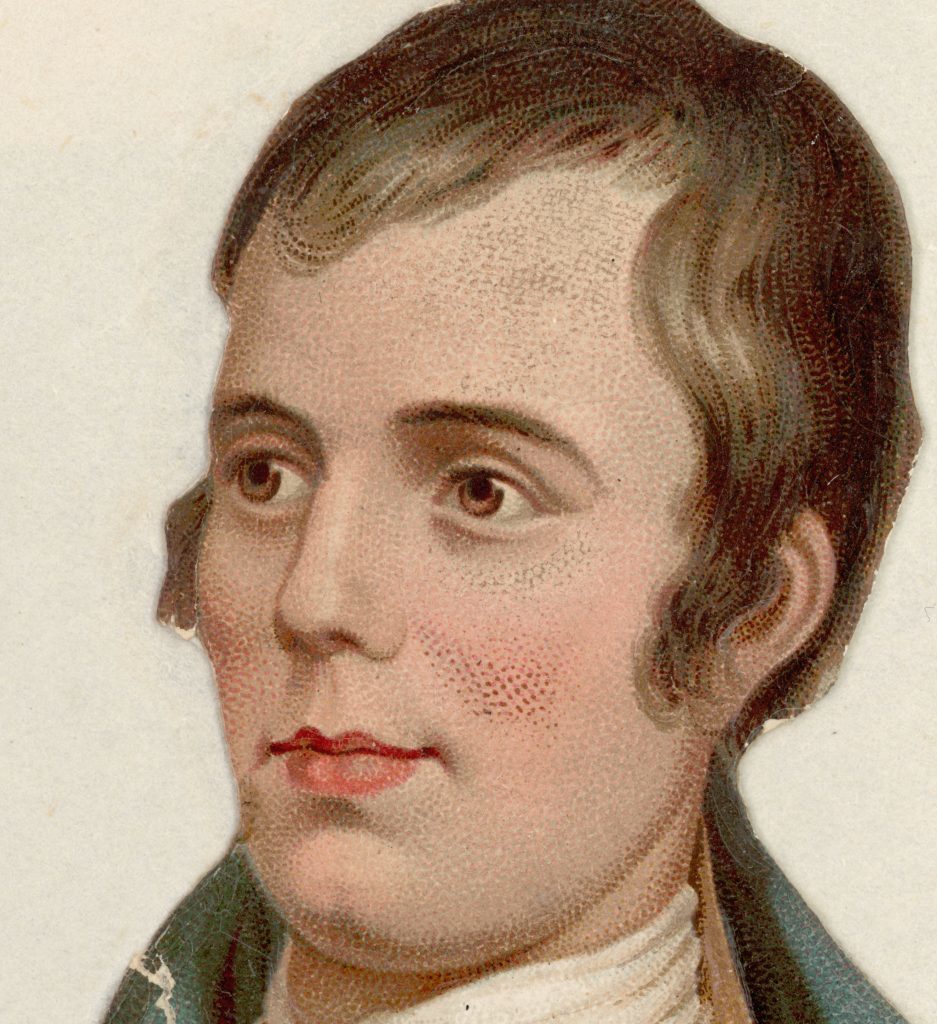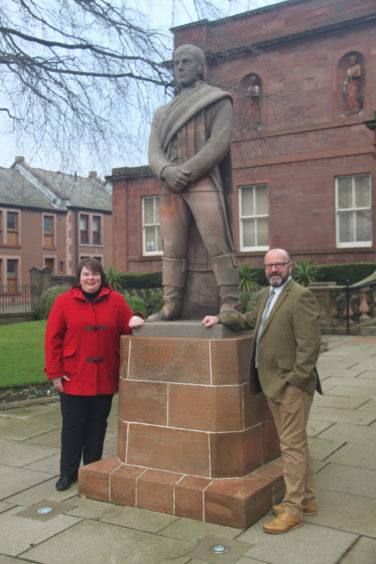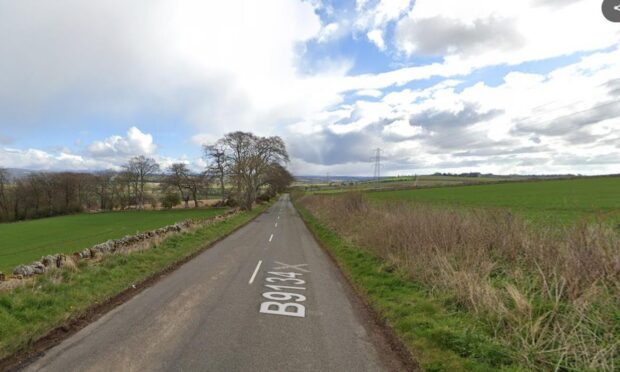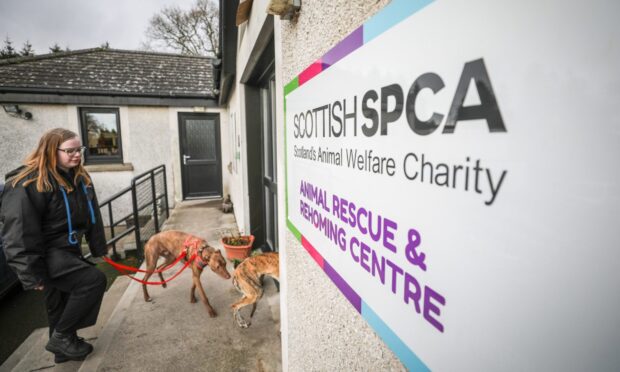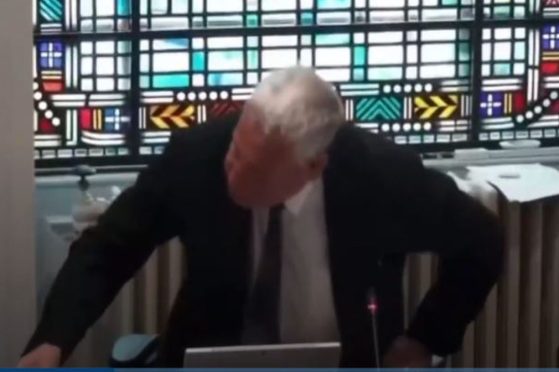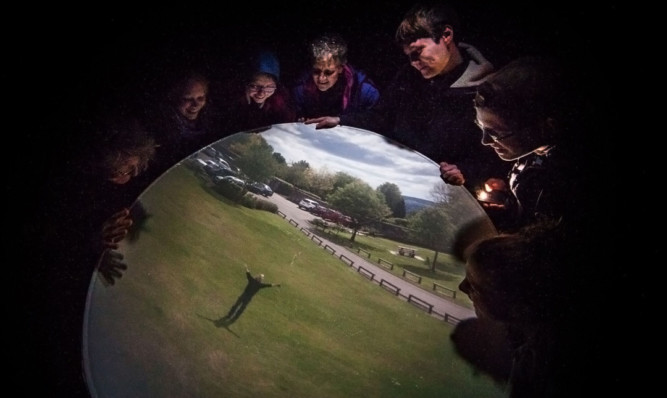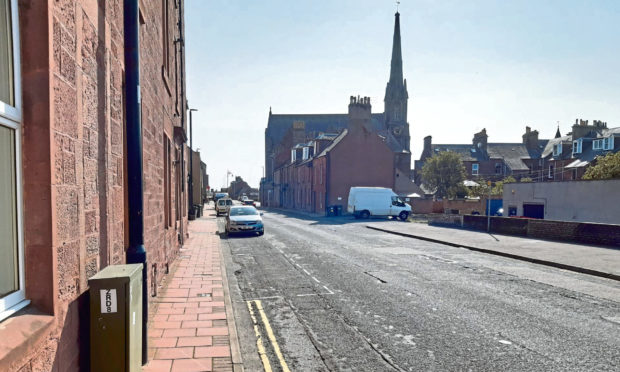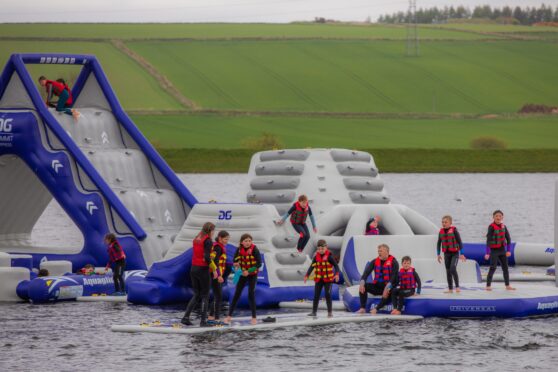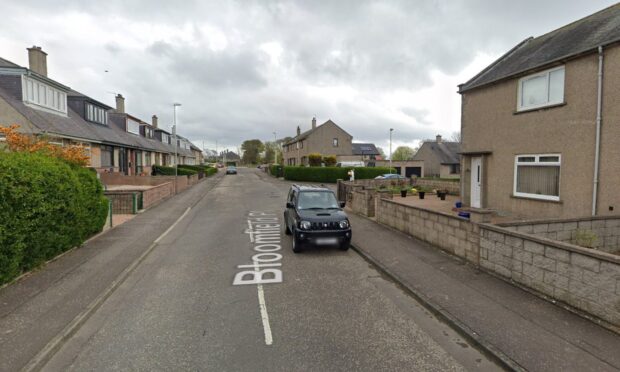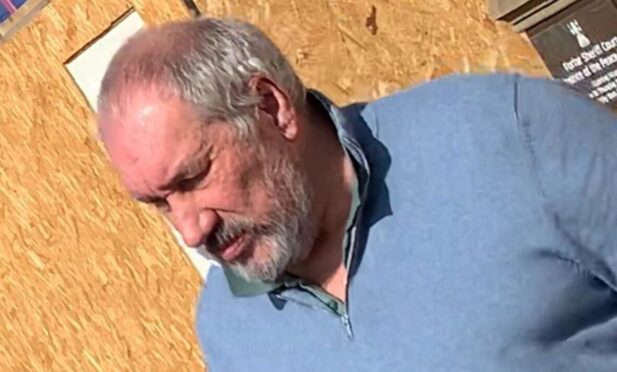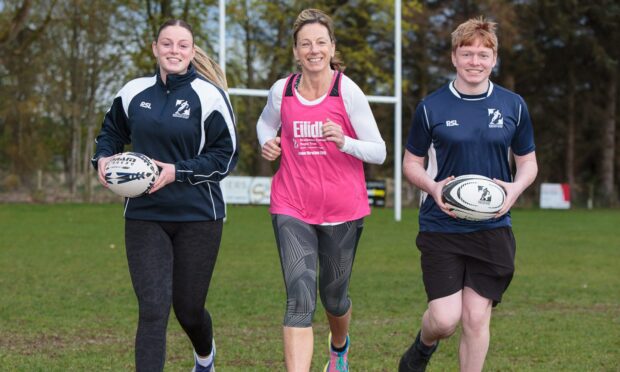The lassies who cannot honour Burns could soon become a thing of the past in Arbroath.
Women have been excluded from the male-only Robert Burns club since it began life in 1888.
However, Arbroath Burns Club has decided to embrace change and invited Dr Karen McGavock to be the first female speaker in its 131-year history on Friday.
She said: “I am honoured to be invited to take up the challenge to replying to the Toast to the Lassies on Friday.
“It’s a great opportunity for the lasses to celebrate Burns on equal terms with the lads – something the Bard himself would I’m sure have appreciated.”
Kirriemuir native, Dr McGavock, who is a former lecturer of Angus College, teaches English and communications at the North East Scotland College in Aberdeen’s Gallowgate.
President Alan Mowatt described the move as the first step in the road to change and said there will be a point in time in the future “when women will form part of the company at the supper”.
He said: “Arbroath Burns Club was founded in 1888 and has traditionally been an all-male club holding a supper which attracts 200 Burns enthusiasts.
“Arbroath Burns Club has felt that it needs to embrace change and in this enlightened age has invited Dr Karen McGavock to be its first female speaker.
“Karen has agreed to give the reply on behalf of the lassies, thus breaking the mould of an all-male club and opening the door to future female participation in the club.
“All organisations must embrace change if there to prosper in the future. This move by Arbroath Burns Club is the first step along this road.
“As for controversy, this move was unanimously agreed by the club committee at our 2018 AGM.”
Equality laws do allow for single-sex clubs but only in some circumstances.
As stated in the Equality Act 2010, all groups except political parties may restrict access of their members and guests to people who share the same protected characteristics as the members of the association.
Mr Mowatt said: “The club is currently very successful with 200 members maximum.
“All change will happen slowly but there will be a point in time in the future when women will form part of the company at the supper.
“The world Burns movement is progressive in changing and Arbroath Burns Club wants to be part of that change.”
Arguably, the first Burns supper was held in Alloway, the poet’s birthplace, in July 1801 when nine guests sat down to a meal of haggis and sheeps’ head.
The first all-female club was founded at Shotts in Lanarkshire in 1920 and Annan Ladies Burns Club which is still going today dates from 1928.
“Impressed by the fertile country between Arbroath and Dundee”
Born in Alloway in 1759, Burns is most often associated with Ayrshire where there is a National Heritage Park dedicated to him.
However, Burns toured his native country extensively and it may come as a surprise to many people that he visited several places in Angus during his grand Highland Tour of 1787 when he was 28 years old.
Details of this trip were given in The Courier & Advertiser in January 1902 in an article headed, Burns in Angus- The Poet at Montrose and Arbroath- His Dundee visit.
The article begins: “On the 25th of August 1787 Robert Burns, in company with his friend William Nicol, set out on a tour in the country north of the Forth.”
The pair left from Edinburgh and travelled to Stirling, Birnam and Blair Atholl where Burns enjoyed dinner at Blair Castle with the Duke of Atholl.
It was then on to Inverness, Banff, Aberdeen and into Kincardineshire, which Burns called “the land of his fathers”, then crossed North Esk into Forfarshire “halting at Montrose on the 12th September”.
The Montrose of that day Burns described as “that finely situated, handsome town.”
The evening was spent with Mr James Burness, a cousin of the poet’s then in practice as a writer in the town.
Leaving Montrose early in the morning, Burns, Nicol and a Mr Carnegie journeyed to Auchmithie, where they breakfasted, and then sailed along the coast to Arbroath, where the pilgrims dined, the poet making special note of the stately ruins of the Abbey.
Resuming the journey, Burns was impressed by the fertile country between Arbroath and Dundee, and old Broughty Castle.
He described Dundee as a “low-lying but pleasant town” and stayed for nearly two days at the house of David Jobson in Bain Square.
The Dundee Directory for 1816 records that David Jobson, cashier, Dundee Bank, lived there at that date.
A daughter of David Jobson’s used to tell that her father never forgot the memorable evening and the delightful conversation of the poet.
Bidding goodbye to his Dundee friends, Burns and his companions proceeded “through the rich harvests and fine hedgerows of the Carse of Gowrie” to Perth.
